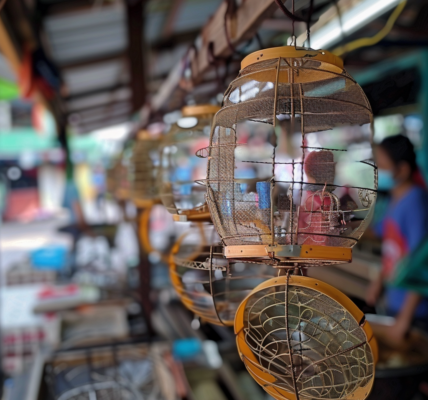Coastal areas and rice belt population at severe risk of brain infection this monsoon
On July 17, Dr. Sanjay Pandey of Amrita Hospital highlighted rising brain infections during the monsoon, particularly in coastal and rice belt regions like Karnataka, Orissa, Bihar, and Uttar Pradesh. Children and elderly with weaker immunity are most affected. Awareness, preventative measures, and the involvement of healthcare workers are crucial in addressing this issue.
Doctors have raised an alarm about the surge of brain infections in coastal and rice belt regions of India during the rainy season. The high humidity and increased mosquito breeding in these areas lead to a surge in cases of viral encephalitis and other brain infections, affecting the most these populations, with children and the elderly being the most at risk.
A brain infection, also known as encephalitis, occurs when the brain becomes inflamed due to infection by bacteria, viruses, fungi, or parasites. These infections can lead to severe inflammation and damage to brain tissues, potentially causing a range of neurological symptoms. Brain infections, which are relatively rare in developed countries, remain a significant public health issue in South Asian nations like India. The incidence of brain infections spikes during the monsoon season due to favorable conditions for mosquito breeding, which are vectors for several viral infections such as dengue and Japanese encephalitis.
According to recent data from The Lancet Global Health, coastal regions such as Karnataka and Odisha, as well as northeastern states like Assam and Tripura, and northern states with rice belts like Bihar and Uttar Pradesh, are endemic zones for viral encephalitis in India.
Dr. Sanjay Pandey, HoD, Neurology and Stroke Medicine at Amrita Hospital, Faridabad said, “Brain infections can be of several types like viral, bacterial, tubercular, fungal, or protozoal. The most common symptoms of brain infections include fever, headache, vomiting, seizures, and altered consciousness. The reason why children and senior citizens are more susceptible is their weaker immune systems. It is essential to raise awareness about these infections, take preventive measures, and involve healthcare workers to combat this growing health concern.





